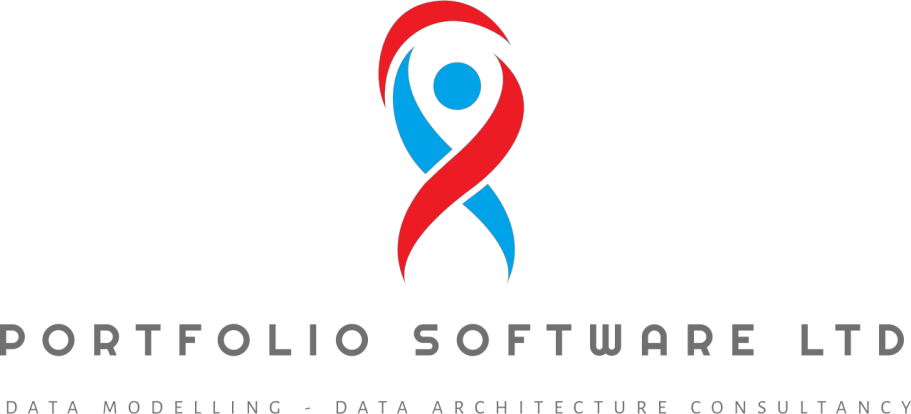
Effective Data Management Strategies for Modern Organisations
Effective data management is crucial for any organisation aiming to leverage its data for strategic advantages. As data volumes grow exponentially, businesses must employ robust architectures and strategies to handle, analyze, and derive value from their data. This article explores various data management concepts including data lakes, data mesh, and other key approaches, providing insights into their benefits, challenges, and implementation considerations.
Understanding Data Lakes
A data lake is a scalable repository that stores vast amounts of structured and unstructured data in its native format. It is ideal for organisations that need to perform diverse analytics and machine learning to make informed decisions.
Benefits:
- Scalability: Effortlessly accommodates large volumes of data.
- Flexibility: Supports various data formats.
- Cost-effectiveness: Often built with affordable cloud solutions or inexpensive hardware.
Challenges:
- Risk of Data Swamp: Without proper management, it can become disorganised and less useful.
- Complexity: Demands robust governance to maintain data quality and accessibility.
Data Warehouses: Centralised Analytical Repositories
A data warehouse serves as a central repository where data from various sources is consolidated, transformed, and made available for querying and analysis, supporting business intelligence.
Benefits:
- Performance: Optimised for quick and complex queries.
- Structured Environment: Suited for consistent operational reporting.
Challenges:
- Inflexibility: Adapting to data model changes can be cumbersome.
- Maintenance Cost: Tends to be expensive and complex to maintain due to its architecture.
The Rise of Data Mesh
The data mesh concept promotes a decentralized approach to data management, focusing on domain-driven ownership with teams treating data as a product.
Benefits:
- Agility: Encourages a responsive, domain-oriented decentralisation of data ownership.
- Business Alignment: Enhances access and utilisation of data across the business.
Challenges:
- Organisational Shift: Requires significant changes in culture and structure.
- Operational Complexity: Each domain team manages their own data, adding layers of complexity.
Leveraging Data Marts
Data marts are targeted data repositories designed to meet the specific needs of different business units within an organisation, providing them with quick access to relevant data.
Benefits:
- Rapid Access: Tailored to deliver fast data retrieval for specific business areas.
- User-centric Design: Customised to support distinct business functions effectively.
Challenges:
- Potential for Silos: Can lead to data isolation if not properly integrated.
- Scope Limitations: Focuses only on particular segments, potentially missing broader insights.
Implementing Data Fabric
Data fabric technology provides a unified architecture and set of data services that span across various environments, aiming to streamline data access and management in a hybrid multi-cloud landscape.
Benefits:
- Seamless Integration: Connects disparate data sources smoothly.
- Automated Management: Employs AI to automate data governance tasks.
Challenges:
- Implementation Complexity: Its setup and maintenance require deep technical and business knowledge.
- Expertise Necessity: Needs a substantial understanding of both IT and business landscapes to be effective.
Choosing the Right Data Management Strategy
Selecting an appropriate data management framework depends on the organisation’s unique needs, such as data volume, variety, scalability requirements, access patterns, and compliance issues. The cost and technical capabilities also play critical roles in shaping the choice.
To navigate these complex decisions, businesses must foster close collaboration between their IT departments and business units. This collaboration ensures that the chosen data strategy not only aligns with but actively supports the organisation’s broader goals. As technologies and business environments evolve, so too must data management strategies, adapting to new challenges and opportunities to maintain a competitive edge in the data-driven marketplace.
©Copyright 2003. All rights reserved.
We need your consent to load the translations
We use a third-party service to translate the website content that may collect data about your activity. Please review the details and accept the service to view the translations.
